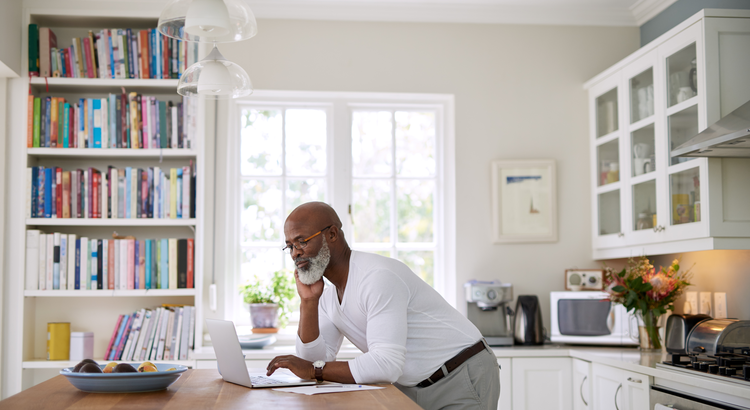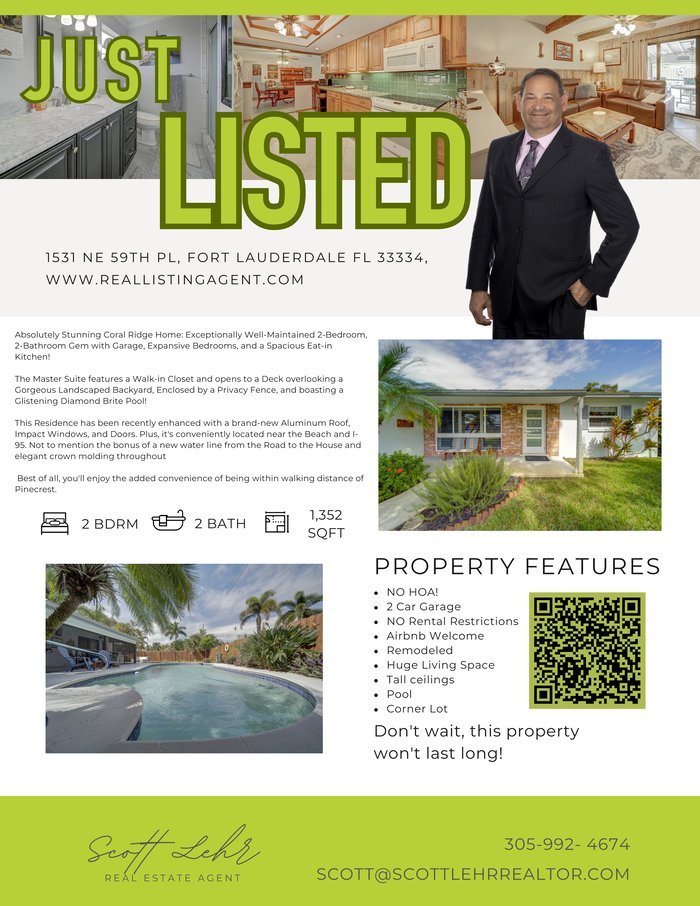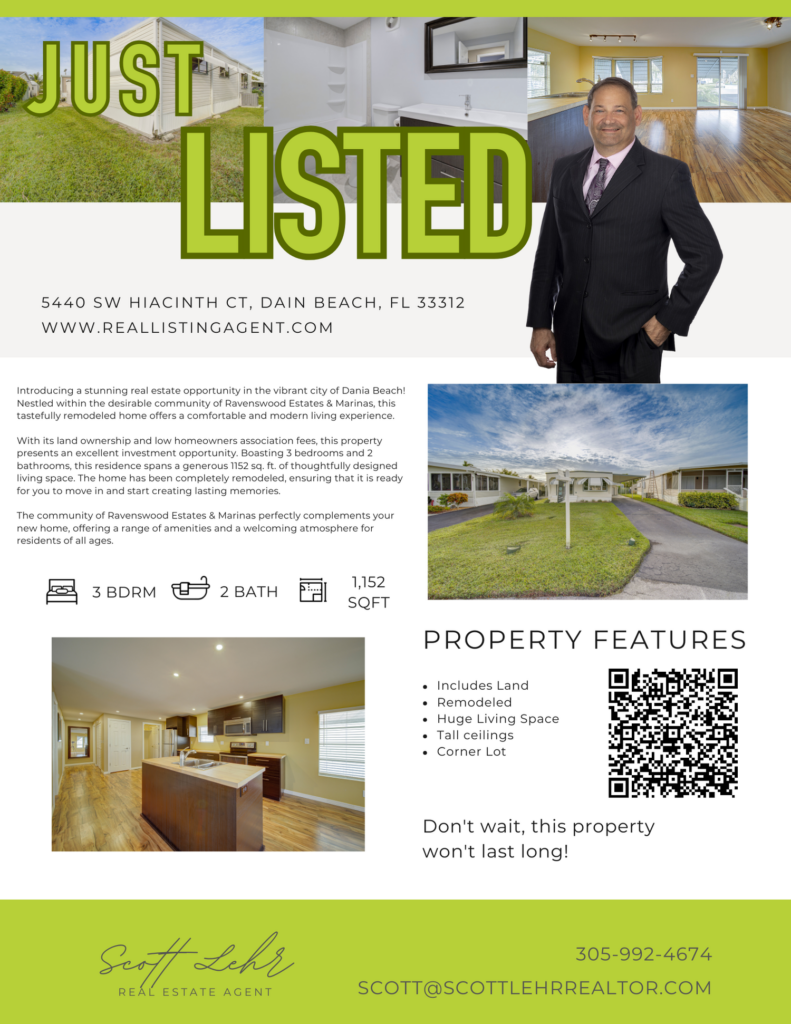If you’re a newbie purchaser who’s only just began your house-hunting journey, you might have heard the expression, home poor. A number of us recognize with the term and comprehend it brings undesirable undertones, yet we do not understand what it means.Read more todiscover what it means to be home bad and prevent getting into that circumstance. You can live your homeownership life without remorses and end up being happy and happy with your investment. While there’s no primary meaning of the term home poor, it explains the scenario in which a home owner spends a big part of their regular month-to-month revenues on real estate costs. Aside from home loan payments, this also includes other expenses such as homeowner insurance coverage, real estate tax, energies, and even maintenance. Even if they’re building equity with their home, their budget plan is extended thin, with a little left over for other essential costs. Being home poor makes it hard or challenging for them to achieve their other monetary or individual goals, such as building a retirement fund, settling financial obligation, or taking pleasure in life in general. In a present study by ConsumerAffairs, 69 percent of home owners consider themselves house bad.
The survey defines house bad property owners as having little expense savings left after paying their home mortgage and associated regular monthly expenditures. In addition, 54 percent reported that house-related costs were their biggest financial concern. You might end up being house bad for great deals of elements. Lots of novice property buyers fail to understand and think about the expenses associated with acquiring and owning a home. They get caught up in the principle of owning their dream home without
taking.
into account other costs beyond the deposit and home mortgage payment. Possibly you and your partner chose that one of you will stop your task to wind up being a stay-at-home moms and dad. This setup might significantly change your financial situation considered that you’re reliant on one earnings source. A significant adjustment in your circumstances, such as a loss of a job or an unpredicted illness, might extend your costs strategy to the max and make it a lot more tough to pay your housing costs. Despite your median home earnings, you can be home bad if you’re investing excessive on your home.
Here are some signs that this is you: You invest a considerable part of your income on real estate expenditures. You often stress about whether you’ll have the ability to manage your regular month-to-month home mortgage payment. You keep tapping into your cost savings to
cover your home mortgage payments. It’s ending up being difficult for you to cover other expenses, such as groceries and transport. You do not have an
Because there’s no area in your budget plan, emergency circumstance fund and can’t manage to start one. You feel that the expenditure of homeownership prevents you from pursuing your other wants and objectives, such as travelling to brand-new locations or perhaps taking part in a new activity.
1. Know simply how much home you can easily pay for. Before trying to find a home, it’s essential
to figure out just how much home you can conveniently manage, which may be a different number from the.
optimal mortgage you can get approved for relying on components such as your credit rating and debt-to-income ratio. Even if you can receive a greater mortgage loan, this doesn’t
imply you have to accept the total. Professionals recommend purchasing less house than you can pay for nevertheless still meets your requirements. Keep in mind to never ever surpass your rate range and adhere to your home purchasing spending plan. 2. Do your research before purchasing. Before plunging into homeownership, notify yourself about the various expenditures related to owning a home. Aside from figuring out the deposit, closing costs, and your awaited routine monthly mortgage payment, do not forget to likewise think about these costs: Utilities( water, gas, electric, trash, and so on )HOA dues Property taxes Maintenance, consisting of gardening, pool service, snow removal, home cleansing, tree removal service, etc.
Any potential repairs, like a leaking roofing system or water damage after
a storm Especially if you will be transitioning from being a tenant to a house owner, remember that there will not be a residential or commercial property supervisor who will cover a number of these expenses. 3. Plan for repair work and maintenance. Even if you buy a home in excellent condition, it will inevitably need big-ticket repair work throughout the years. A home guarantee may be handy to cover any unanticipated breakdowns, but
you probably can
just depend on it throughout the first year or 2. Moreso, if you’ve got your eyes on a fixer-upper. You ‘d require to get quotes and quotes to plan ahead, plus prepare an additional budget for unpredicted costs. This is another factor to.
never avoid a home assessment. Some buyers in crazy markets have been waiving commercial or domestic residential or commercial property examinations to be able to sweeten their deal and reduce their closing
date. Nevertheless, a home assessment is extremely recommended considering that it will.
assist you find all the existing problems and potential issues before you sign on the dotted line. The seller might get the issues repaired before closing, or you will get a cost decrease to cover those repair work yourself. If not, at least you have a quote for repair expenses and can figure out whether they fit quickly in to your budget plan. You can find out if the roofing system is nearing its lifespan, or possibly
the fractures in the foundation structure early indications signs structural damage. 4. If you can, make a bigger down payment. Various loans and home buyer assistance programs allow you to make smaller deposits, waiting a bit and saving more before purchasing a home can also assist prevent becoming home bad. By making a bigger down payment, you’ll be reducing the amount you need to acquire, because of that decreasing your regular monthly payment. This also makes you thought of a less dangerous loan, which results in a lower interest rates. Furthermore, there’s no need to pay for personal home mortgage insurance coverage, which loan providers use to secure themselves in case you default on the loan if you can put 20 percent down. This can conserve you numerous dollars over the life of the loan. You merely require to ensure that this option does not
diminish
your cost savings. 5. Establish a housing emergency situation fund. Aside
from your cost savings, it’s an excellent concept to put aside money each month strictly genuine estate costs. Your real estate emergency situation fund will use you with a cushion to cover unexpected situations; for instance, if you lose your task or if something breaks, that leaves you with a considerable home repair work expense that guarantees or insurance protection will not cover. Bottom line Despite the troubles, 53 percent of reporters from the ConsumerAffairs research study said that homeownership is challenging but better than other options, including leasing. This exposes that regardless of the reality that buying and keeping a home can be costly, for great deals of, homeownership is still the ideal choice over the long term, and is still worth it in the long run. Remember to do your research study
previously.

![The Benefits of Working With an Agent When You Sell Your House [INFOGRAPHIC]](https://www.pembrokepineshomeowners.com/wp-content/uploads/2023/12/The-Benefits-of-Working-With-an-Agent-MEM-1-OdJsyS-411x1024.png)





